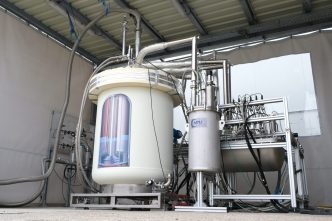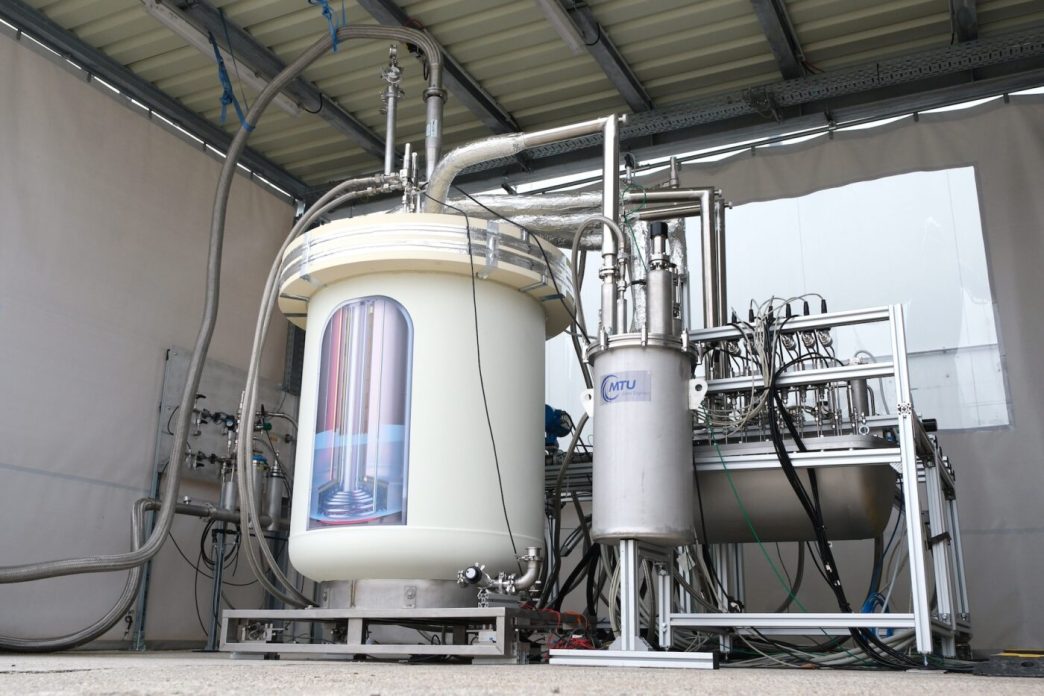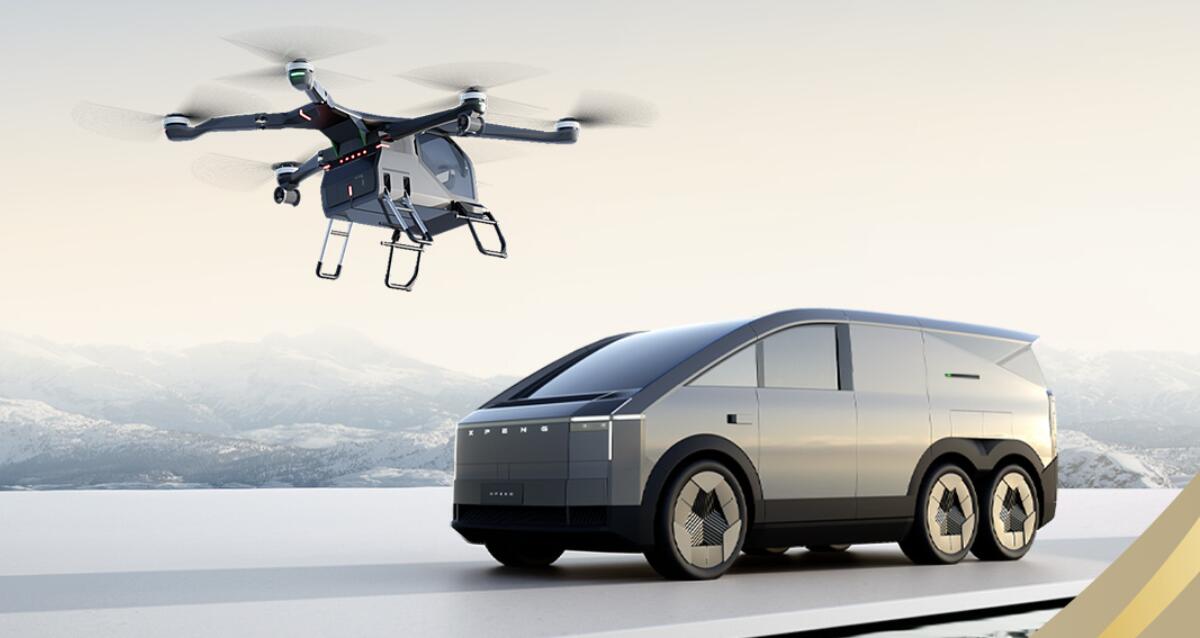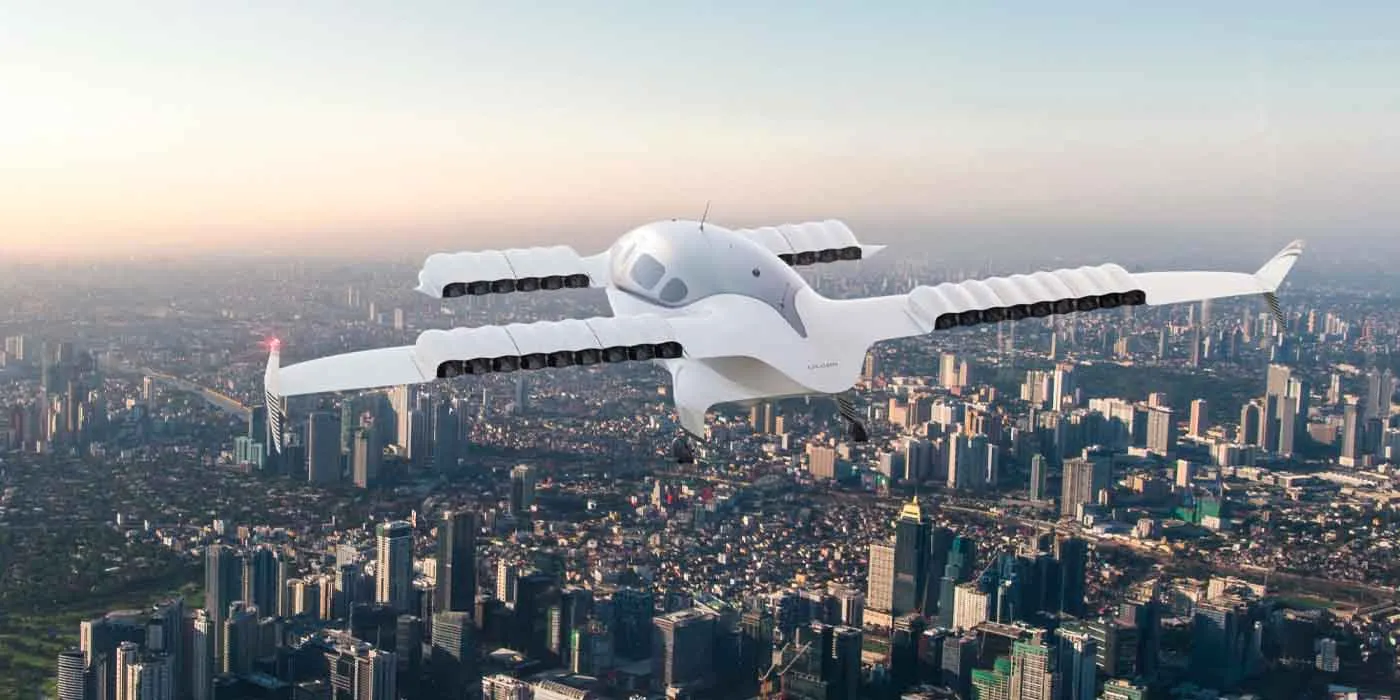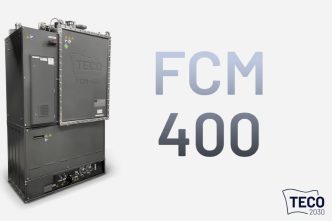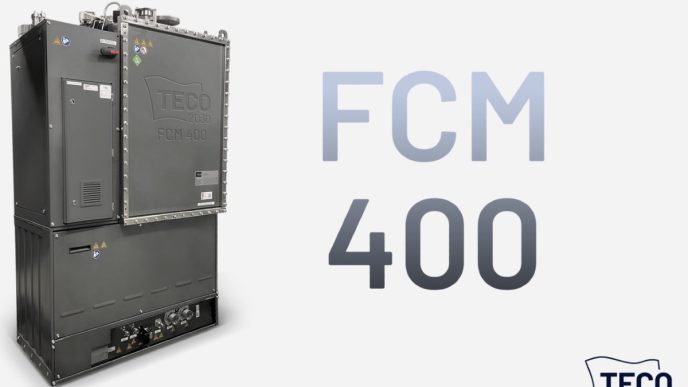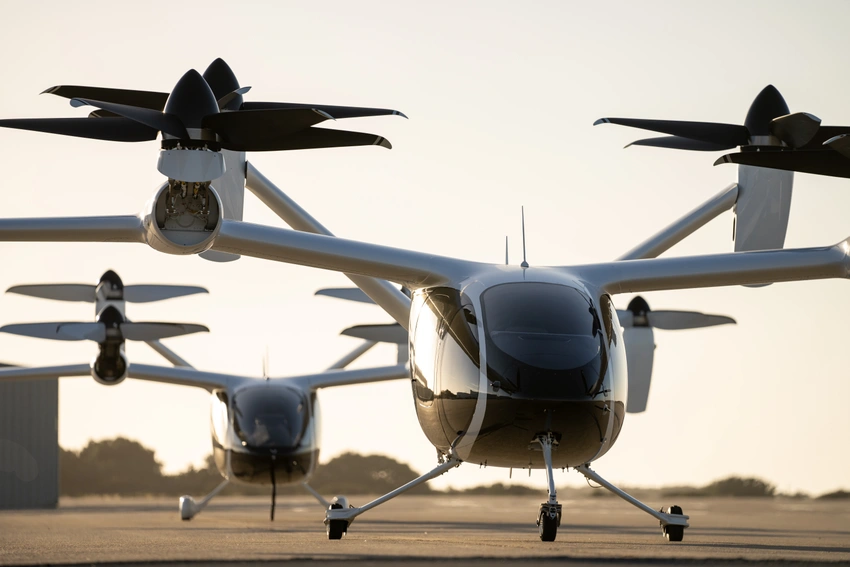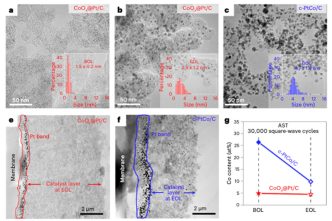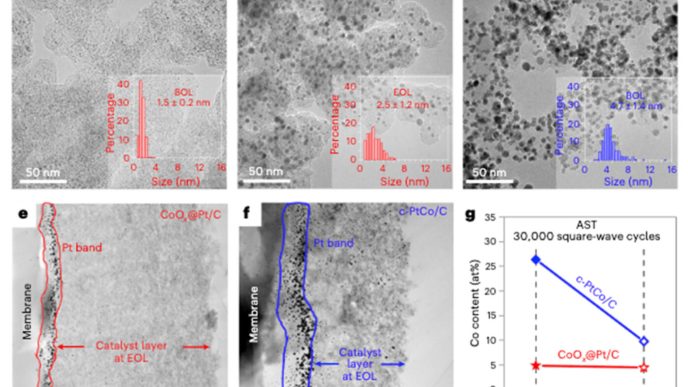MTU Aero Engines has achieved a significant milestone in the pursuit of emission-free flight by successfully completing several weeks of tests on a liquid hydrogen fuel system for its Flying Fuel Cell (FFC) technology. This development is part of a collaborative effort with MT Aerospace AG, focusing on creating liquid hydrogen systems for aircraft.
Development and Testing
The systems being developed include various components such as tanks, sensors, heat exchangers, valves, safety systems, and control mechanisms. MTU initially announced this project in June 2023, and the recent tests have yielded positive results. MT Aerospace is responsible for the design and construction of the liquid hydrogen tank, which had previously undergone successful testing with liquid nitrogen at the company’s headquarters in Augsburg. This initial phase utilized liquid nitrogen for its ease of handling before progressing to tests with liquid hydrogen.
Dr. Günther Schullerer, Director of Future Technologies at MT Aerospace, noted that confirming the functionality of the systems allows the teams to concentrate on lightweight engineering, integration concepts, and optimized space utilization.
Hydrogen’s Role in Aviation
Hydrogen is poised to play a critical role in non-fossil-fueled aviation, particularly for longer flights where battery power may not suffice. While hydrogen fuel cells provide better energy density than batteries, challenges remain in achieving the required energy density for longer regional flights. Liquid hydrogen (LH2) offers improved energy density but necessitates extremely low temperatures of around -250°C to remain in liquid form. During operation, this refrigerated LH2 must be heated and converted back into a gaseous state, from which a controlled mass flow is directed into the fuel cell.
Barnaby Law, Chief Engineer of the FFC at MTU in Munich, stated, “The tests show that the system architecture is safe, reliable, and works as expected, so we can ensure a regulated, need-based supply of preconditioned hydrogen to the fuel cell.”
Future Steps
Looking ahead, MTU plans to test a product-specific full-system FFC in 2026, with the liquid hydrogen system tested recently being a key component in this upcoming phase. MTU’s involvement in hydrogen aviation technology is particularly noteworthy, as approximately 30 percent of the world’s active commercial aircraft are equipped with MTU components. The company also holds a leading position in providing engines for Germany’s military aircraft, further establishing its credibility as a partner in advancing hydrogen aviation technology.

